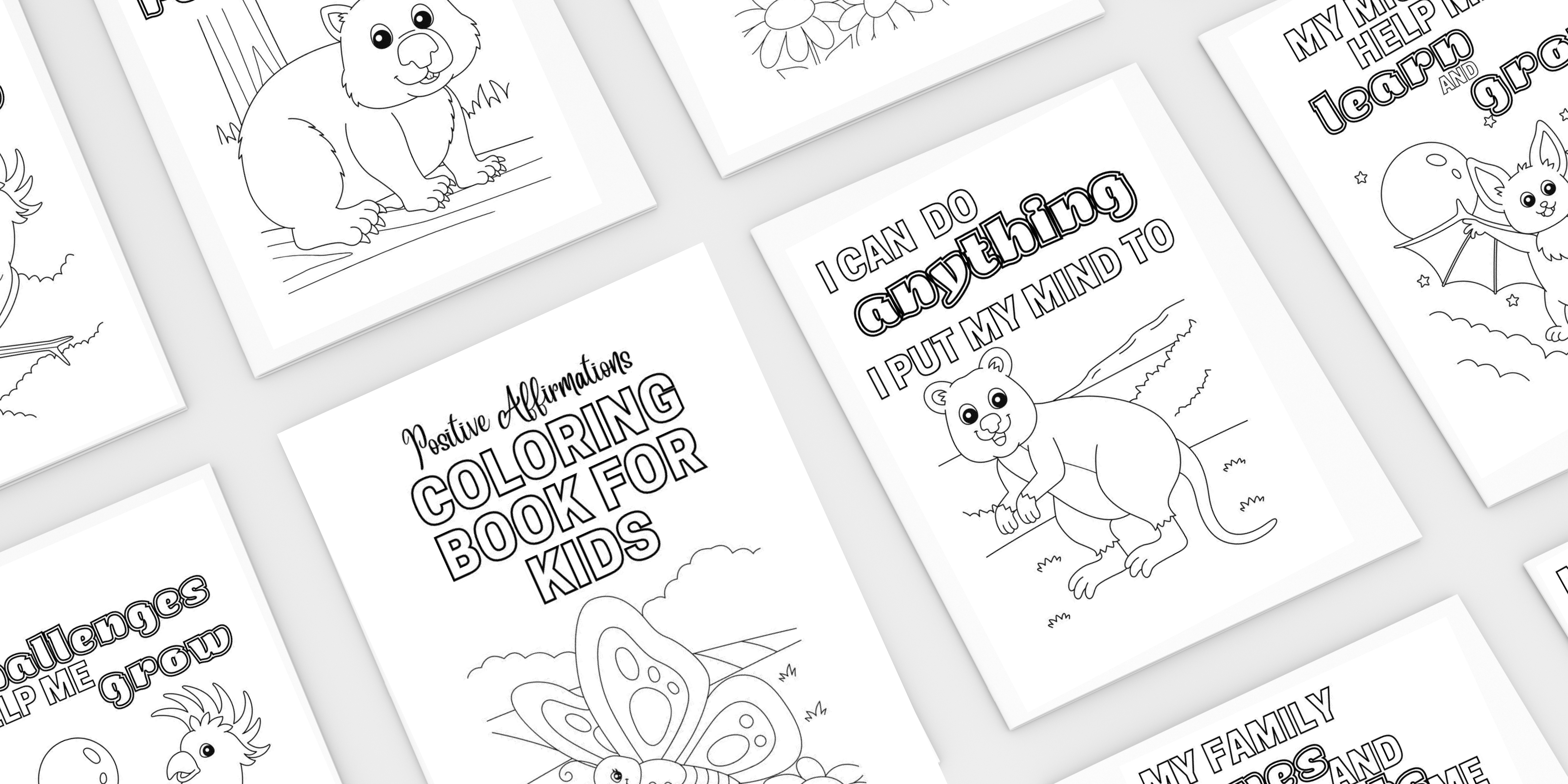As parents, we all want the best for our children, including their nutrition and health, right?!
Establishing healthy eating habits in toddlers is essential for their physical and emotional development, but it’s not always an easy task. From picky eaters to busy schedules, there are many challenges that can make it difficult to prioritize healthy eating habits.
However, with some expert tips and guidance, parents can nurture their child’s relationship with food and create a positive foundation for their future.
Whether you’re a seasoned parent or just starting out, this guide will help you lay the groundwork for your child’s nutrition and well-being.

My Personal Experience with Toddler Nutrition
As a mom, I know firsthand how challenging it can be to establish healthy eating habits in toddlers. When my daughter was a toddler, she was a very picky eater, and mealtime was always a struggle. I worried that she wasn’t getting enough nutrients, and I felt frustrated and stressed.
However, I learned that it’s important to be patient and persistent when it comes to encouraging healthy eating habits. I started offering her a variety of healthy foods, even if she didn’t seem interested at first. I also made mealtimes more fun and engaging by involving her in meal prep and letting her help choose what we were going to eat. Gradually, she began to try new foods and became more open to healthy options.
I also found that it’s helpful to lead by example. When my daughter saw me enjoying healthy foods and making positive choices, she was more likely to do the same. Additionally, I made sure to limit unhealthy foods in our home, so she wasn’t tempted by sugary snacks or processed foods.
Now that my daughter is older, I’m proud to say that she’s a healthy and adventurous eater. She loves trying new foods and has a positive relationship with food.

Tips for Encouraging Healthy Eating Habits in Toddlers
Based on my personal experience, here are some tips for encouraging healthy eating habits in toddlers:
- Offer a variety of healthy foods: Toddlers can be picky eaters, but it’s important to expose them to a variety of healthy foods. Try offering different fruits, vegetables, whole grains, and lean proteins to help them develop a taste for nutritious foods.
- Make mealtimes fun and engaging: Toddlers love to explore and play, so make mealtimes more fun by involving them in the process. Let them help with meal prep, such as stirring or pouring ingredients. You could also make fun shapes or designs with their food or create a “rainbow plate” with a variety of colorful foods.
- Lead by example: Kids learn by watching and imitating their parents, so make sure to model healthy eating habits yourself. Show your child that you enjoy eating healthy foods and make positive choices when it comes to nutrition.
- Avoid power struggles: It’s easy to get frustrated when your toddler refuses to eat a certain food, but it’s important to avoid power struggles. Offer healthy options and let your child choose what they want to eat. Remember, toddlers have small appetites, so don’t worry if they don’t eat a lot at one meal.
- Limit unhealthy foods: While it’s okay to indulge in treats occasionally, it’s important to limit unhealthy foods in your home. Avoid keeping sugary snacks or processed foods on hand, so your child isn’t tempted by unhealthy options.

Nutritious Foods for Toddler Growth
As parents, we all want our toddlers to grow and develop to their full potential. One way to support their growth is by feeding them nutritious foods. Here are some foods that are great for toddler growth:
- Fruits and vegetables: Fruits and vegetables are packed with vitamins, minerals, and fiber that are essential for growth and development. Offer a variety of colorful fruits and vegetables to ensure your toddler gets a range of nutrients.
- Whole grains: Whole grains, such as brown rice, quinoa, and oatmeal, are a good source of complex carbohydrates and fiber. They can help your toddler feel full and satisfied and provide energy for all their activities.
- Lean proteins: Protein is important for muscle and tissue growth, so it’s important to include lean sources, such as chicken, fish, tofu, or beans, in your toddler’s diet.
- Dairy: Dairy products, such as milk, cheese, and yogurt, are a good source of calcium, which is important for building strong bones and teeth.
- Water: Water is essential for hydration and helps to regulate body temperature. Make sure your toddler drinks plenty of water throughout the day.

Unhealthy Foods to Avoid for Toddlers
While it’s important to offer nutritious foods to support your toddler’s growth, it’s equally important to limit unhealthy foods. Here are some foods to avoid or limit in your toddler’s diet:
- Processed foods: Processed foods, such as chips, crackers, and packaged snacks, are often high in salt, sugar, and unhealthy fats. These foods offer little nutritional value and can contribute to health problems over time.
- Sugary drinks: Beverages such as soda, fruit juice, and sports drinks are often loaded with sugar, which can lead to tooth decay, obesity, and other health issues. Offer water or milk instead.
- Fried foods: Fried foods, such as French fries and chicken nuggets, are often high in fat and calories and lack the nutrients that toddlers need for growth and development.
- Candy and sweets: Candy and sweets are loaded with sugar and offer little nutritional value. While it’s okay to indulge in treats occasionally, it’s important to limit these foods in your toddler’s diet.
- Large portions: Toddlers have small stomachs and don’t need large portions of food. Offer small, frequent meals and snacks throughout the day to keep your toddler satisfied.

How to Handle Picky Eaters
Many toddlers go through a phase where they refuse to eat certain foods or become picky eaters. As a mom, I know how frustrating this can be. Here are some tips that have worked for me when dealing with picky eaters:
- Keep offering new foods: It can take up to 10 or more exposures to a new food before a toddler will try it, so don’t give up if your child refuses it at first.
- Involve your toddler in meal prep: Toddlers love to help in the kitchen, so let them wash vegetables, mix ingredients, and set the table. This can make them more invested in the meal and more willing to try new foods.
- Offer a variety of textures: Some toddlers prefer crunchy or smooth foods, so offer a variety of textures to find what your child likes.
- Don’t force your child to eat: Forcing your child to eat can lead to power struggles and negative associations with food. Instead, offer a variety of healthy options and let your child decide what and how much to eat.
- Be a good role model: Toddlers learn by watching and mimicking, so be a good role model by eating a variety of healthy foods and showing enthusiasm for trying new things.

Healthy Snack Ideas for Toddlers
Snacks can be a great opportunity to provide toddlers with important nutrients and keep them energized throughout the day. However, it can be challenging to find healthy snack options that your child will actually eat. Here are some snack ideas that have been a hit with my toddler:
- Fruits and veggies: Offer a variety of fresh or frozen fruits and veggies, such as sliced apples, baby carrots, and berries.
- Yogurt: Choose plain or low-sugar yogurt and mix in fresh fruit or a drizzle of honey for added flavor.
- Hummus and crackers: Spread hummus on whole-grain crackers for a protein and fiber-rich snack.
- Cheese and whole-grain crackers: Choose cheese options that are low in sodium and pair with whole-grain crackers for a calcium and fiber-rich snack.
- Smoothies: Blend together frozen fruits, yogurt, and a splash of milk or juice for a nutrient-packed snack.
For more toddler development visit 10 Fun Activities to Boost Your Toddler’s Cognitive Development!
Healthy Meal Ideas for Toddlers
As a mom, I know firsthand how challenging it can be to come up with healthy meal ideas that your toddler will actually eat. Here are some meal ideas that have worked well for my family:
- Omelet: Make a veggie-packed omelet with eggs, spinach, and cheese.
- Turkey and cheese roll-ups: Roll up slices of turkey and cheese and serve with whole-grain crackers and baby carrots.
- Meatballs and veggies: Serve homemade meatballs with a side of roasted or steamed veggies, such as broccoli or sweet potatoes.
- Quesadilla: Make a whole-grain quesadilla with shredded chicken or beans, cheese, and diced veggies like peppers or onions.
- Pasta with tomato sauce and veggies: Toss whole-grain pasta with a homemade tomato sauce and add in some finely chopped veggies like zucchini or mushrooms.
I really like the website Yummy Toddler Food for my food ideas! And this food works for the family too, not just toddlers!

Toddlers and Their Snacks
As a mom, I know how challenging it can be to get your little one to eat healthy foods. But by starting early and introducing a variety of foods, you can help set them up for a lifetime of healthy eating habits. Remember to stay positive, keep offering new foods, and lead by example by making healthy choices for yourself as well.
It’s never too early to start developing a positive relationship with food, and the benefits will last a lifetime. So, let’s work together to help our little ones grow up healthy and strong.







Leave a Reply